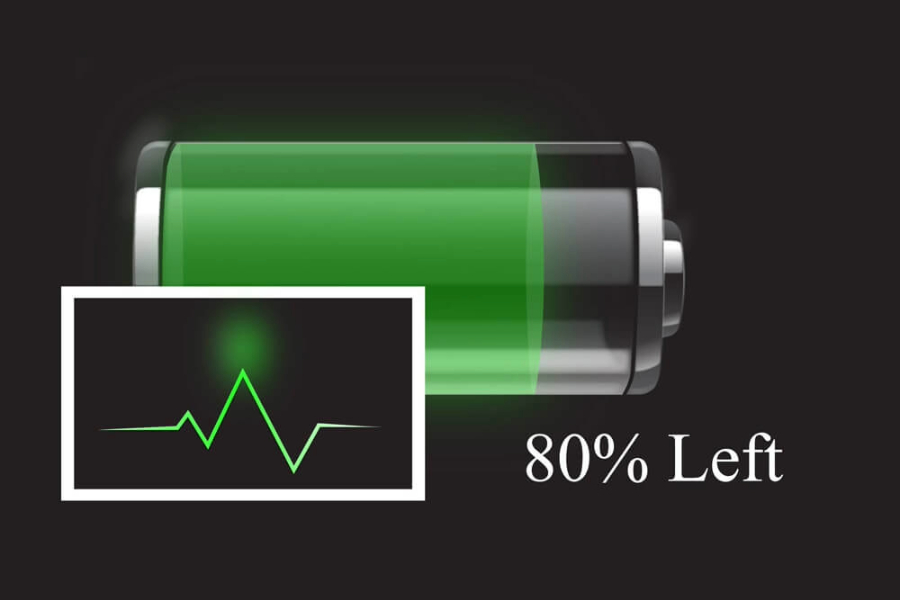Next Generation Lithium Battery
The next decade or two are poised to witness a profound shift in energy storage system technology, particularly concerning batteries and power electronics converters. This transformation extends beyond merely manufacturing and commercializing batteries; it encompasses an entire supply chain, driven by the resolute commitment of countries or continents to participate in this robust evolution. The electrification of transportation is an undeniable reality, necessitating adaptation from automotive manufacturers, battery OEMs (Original Equipment Manufacturers), research laboratories, and governmental institutions. This adaptation is fueled by various factors, including the rapidly changing climate, strategies for energy and raw materials independence, environmental and health considerations, a significant presence in the burgeoning electromobility market, and the imperative for applied research.
Understanding the need for Lithium batteries
Understanding the necessity of lithium batteries expands beyond their current roles in consumer electronics and transportation. They hold promise for various sectors, including grid-scale energy storage, backup power systems, and aerospace ventures. Future lithium batteries are set to revolutionize energy storage by significantly increasing energy density, bolstering electric vehicle storage, prolonging portable electronics’ lifespan, and optimizing renewable energy solutions. Anticipated advancements include rapid charging capabilities, enabling quicker electric vehicle refueling and portable device energy replenishment. Moreover, future lithium batteries aim to offer longer cycle life, reducing the need for frequent replacements and enhancing sustainability. Safety remains paramount, with innovations focusing on advanced safety features like enhanced cell designs and novel electrolytes. Sustainability efforts involve using eco-friendly materials, minimizing reliance on rare elements, and implementing efficient recycling methods to reduce environmental impact.
Innovative technologies in lithium batteries
- Solid-state lithium batteries replace traditional liquid electrolytes with solid-state electrolytes, offering higher energy density, improved safety, and enhanced longevity. This technology has the potential to revolutionize electric vehicles and portable electronics by providing lighter and more compact battery packs with extended driving ranges and longer lifespans.
- Silicon-based anodes enable lithium batteries to store more energy in the same volume due to silicon’s higher theoretical capacity for lithium-ion storage. Recent advancements in nanotechnology and electrode design are addressing stability and degradation issues, paving the way for commercially viable silicon-based lithium batteries with improved performance.
- Lithium-sulfur batteries offer high theoretical energy density, surpassing traditional lithium-ion batteries. However, they face challenges such as poor cycling stability and low conductivity. Researchers are exploring novel electrode materials, electrolyte formulations, and battery architectures to overcome these issues and unlock the full potential of lithium-sulfur technology.
- Innovations in electrolyte chemistry, such as solid-state electrolytes and electrolyte additives, enhance conductivity, safety, and compatibility with high-voltage cathode materials. These advancements contribute to achieving higher energy density, faster-charging rates, and longer cycle life in lithium batteries. Smart battery management systems (BMS) optimize performance and longevity by leveraging real-time monitoring, predictive analytics, and adaptive control algorithms. These systems prevent overcharging and overheating, maximize efficiency, and ensure the safe and reliable operation of lithium batteries across various applications.
Challenges and opportunities in next-generation batteries
Challenges:
- Safety concerns persist despite advancements, including risks like thermal runaway and fire hazards.
- Developing next-gen lithium batteries requires costly R&D and manufacturing, necessitating cost reduction strategies.
- Environmental impact concerns arise from raw material extraction, battery disposal, and recycling.
- Overcoming performance limitations, such as achieving desired energy density and cycle life, remains a technical challenge.
- Scaling up production to meet demand for next-gen batteries poses logistical and technological hurdles.
Opportunities:
- Next-gen lithium batteries can revolutionize energy storage, facilitating the widespread adoption of renewable energy.
- The growing electric vehicle market presents an opportunity for batteries to meet demands like longer range and faster charging.
- Advanced lithium batteries offer solutions for grid-scale energy storage, enhancing stability, and integrating renewables.
- Pursuing next-gen lithium batteries fosters technological innovation, driving breakthroughs across industries.
- Developing environmentally friendly materials and processes promotes sustainability in energy storage.
Conclusion
In conclusion, the future of lithium batteries is promising, driven by innovative technologies, evolving market demands, and environmental imperatives. The shift towards next-gen lithium batteries is pivotal for diverse industries and global sustainability. The development of solid-state batteries, silicon anodes, lithium-sulfur chemistry, advanced electrolytes, and smart battery management systems signifies progress toward efficient, safe, and eco-friendly energy storage. These innovations can transform electric vehicles, electronics, energy grids, and aerospace, fostering cleaner, sustainable solutions. Yet, challenges like safety, costs, environmental impact, performance limitations, and manufacturing scale must be addressed collaboratively by stakeholders, policymakers, researchers, and advocates. Overcoming these hurdles will unlock advanced battery potential, accelerating the transition to a low-carbon future. Harnessing next-gen lithium batteries’ opportunities while tackling challenges ensures a resilient, efficient, and sustainable energy landscape for future generations.
Source
- https://www.mdpi.com/1996-1073/16/22/7530
- https://pubs.acs.org/doi/10.1021/acs.chemrev.0c00767
- https://www.spglobal.com/esg/s1/topic/the-future-of-battery-technology.html
- https://www.bitsathy.ac.in/blog/new-oxygen-ion-battery/

